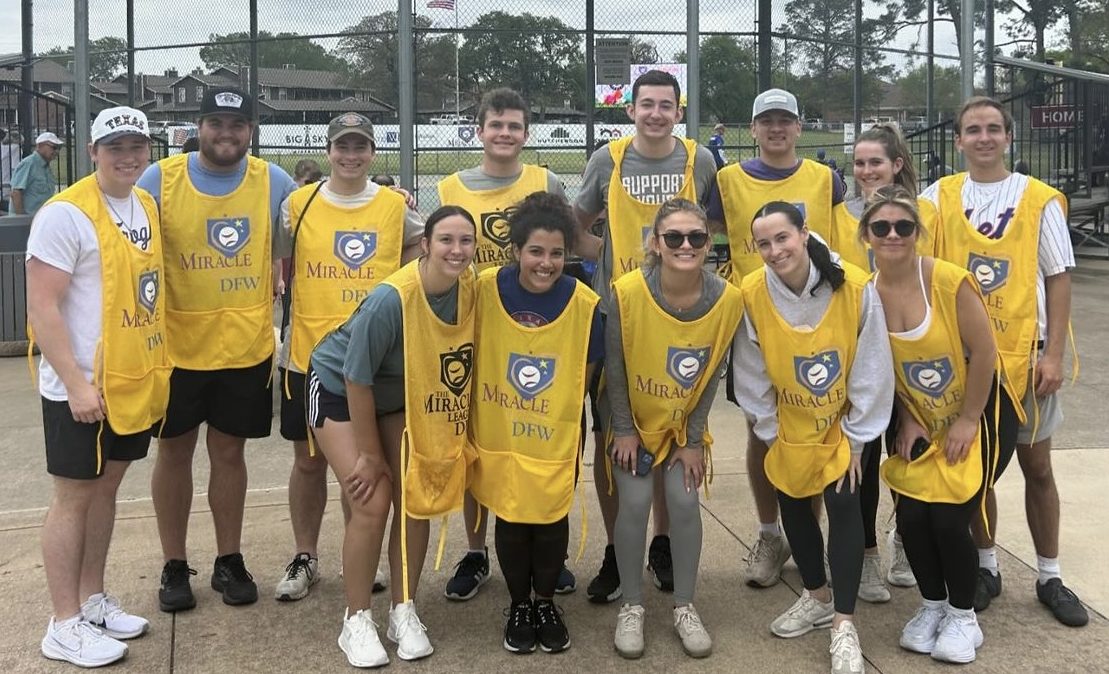On March 16, a nationwide recall of pet food was carried out after reports of several pets dying and others coping with kidney failure. Contamination was the conclusion with the belief that the polluted ingredient wheat gluten, which is dough washed clean of starch, was to blame.Pet-owners were thoroughly shocked at the deterioration of many of their pets’ health, and the situation is not being handled the way that it should be.
Stores nationwide are trying to keep the contaminated food off the shelves, though it is an immense chore. Many companies are trying to deal with this crisis quickly, but because of all the parties involved and how much food is believed to be contaminated, it is difficult to make complete lists of which brands of pet food are actually tainted overall. Also, it doesn’t make it any easier that the companies do the recalling instead of the FDA itself; because of this, companies are recalling pet food individually and at their own time, rather than the FDA having one large recall at once.
Many stores have stocked their shelves and have continued to sell infected pet food, according to JournalStar.com, which is an outrage. It is hard and tedious work to figure out and keep track of pet food, but if the stores and companies don’t work together to keep tabs on this crisis, then they could see more lawsuits than support and patience from frightened and angry pet-owners. Setting better and stricter FDA standards, as well as rules and guidelines for inspections, would help tremendously in the future for these pet food manufacturing companies.
It is also very possible that the human food supply could also become contaminated since there is the possibility that infected wheat gluten could sneak into processing plants used by food meant for humans, according to a CBS News article from April 12. One comfort is that even if the human food supply was contaminated, it isn’t believed to pose a harmful or serious health threat. The possible dangers can’t be ignored, however, nor can we automatically assume confidently that contamination can’t spread to the human food supply. Pet-owners for now have to be careful and cautious.
“Read labels very carefully,” said Dr. Linda Hall, of Nebraska Animal Medical Center in Lincoln, in the JournalStar.com. “Avoid anything that contains wheat gluten.”
According to latimes.com, “(Sen. Richard J.) Durbin, D-Ill., said the Kansas facility where many of the products were made had never been inspected by the FDA.”
He wishes to work with other states to come up with a common list of standards and rules, as well as reminding the FDA that they have ultimate responsibility and “should take steps to enact rules so that companies that delay reporting problems could face fines,” according to latimes.com.
Hopefully, in time, the FDA will take on more responsibility for problems like these instead of allowing individual companies to recall in their own time. Pet-owners can only ride this crisis out while being extremely vigilant and cautious about the foods they purchase and actions they take regarding their beloved pets.
Ylona Cupryjak is a sophomore theatre major from Keller. Her column appears Tuesdays.




